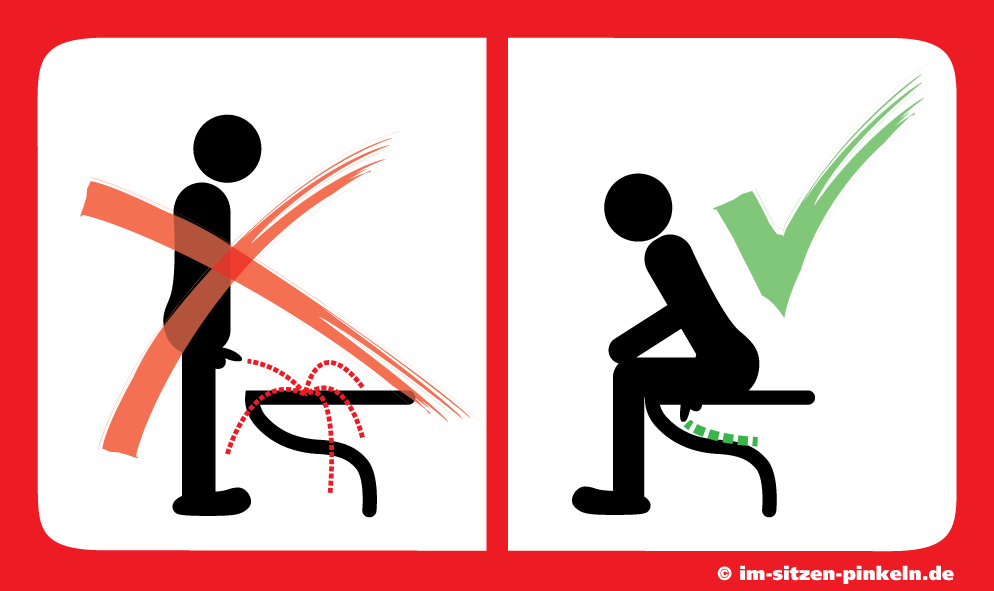A World of Closed Eyes
Picture this: You’re walking down a metaphorical street where everyone’s running around poking each other’s eyes out. Not exactly a fun block party, is it? But that’s exactly what we’re attending every time we engage in a circle of vengeance. Revenge may offer the illusion of justice, but it’s often just a Ponzi scheme of pain, with everyone losing in the end.
The Myth of “Closure”
Many people believe revenge will bring them peace, or at least, closure. In reality, retribution often only satisfies us momentarily, like a sugar rush that leaves us crashing later. Forgiveness, on the other hand, is the balanced meal of the soul—nutritious and long-lasting.
The Science of Letting Go
Studies show that forgiveness is not just good for the soul, but it’s beneficial for the body as well. Research from the Mayo Clinic suggests that letting go of grudges and bitterness can make way for compassion, kindness, and peace. Forgiveness can lead to lower stress levels, lower blood pressure, and a stronger immune system. In a way, forgiveness is like a health supplement for your emotional and physical well-being.
The Prisoner’s Dilemma
Holding a grudge is like swallowing a poison pill and expecting the other person to die. The only person you’re hurting is yourself. Being unable to forgive is akin to being held prisoner in your own mind, and it’s a cell with very high rent.
The Gandhian Perspective
Mahatma Gandhi, who is believed to have popularized the notion of “an eye for an eye makes the whole world blind,” also led a nonviolent movement that eventually ousted the British from India. Had he adhered to a philosophy of revenge, history might have looked very different. By adopting a policy of forgiveness and nonviolence, Gandhi not only freed a nation but also demonstrated the transformative power of letting go.
The Daily Practice of Forgiveness
Forgiveness isn’t a one-time event but a daily practice. And no, it’s not just about forgiving others; it’s also about forgiving yourself. Holding onto guilt is the emotional equivalent of holding onto a hot coal. Unless you want permanent scars, it’s best to let it go.
Yes, there will be times when an “eye for an eye” seems justified. It’s the primal instinct that shouts for retribution and revenge. But remember, the cycle of revenge has no GPS, and you’ll just keep going around in circles until you choose a different path. As someone wise once said, “The first to apologize is the bravest, the first to forgive is the strongest, and the first to forget is the happiest.” So, why not choose to see the bigger picture instead of becoming part of a world that’s blind?
More Ethical Articles for Your Heart’s Content


